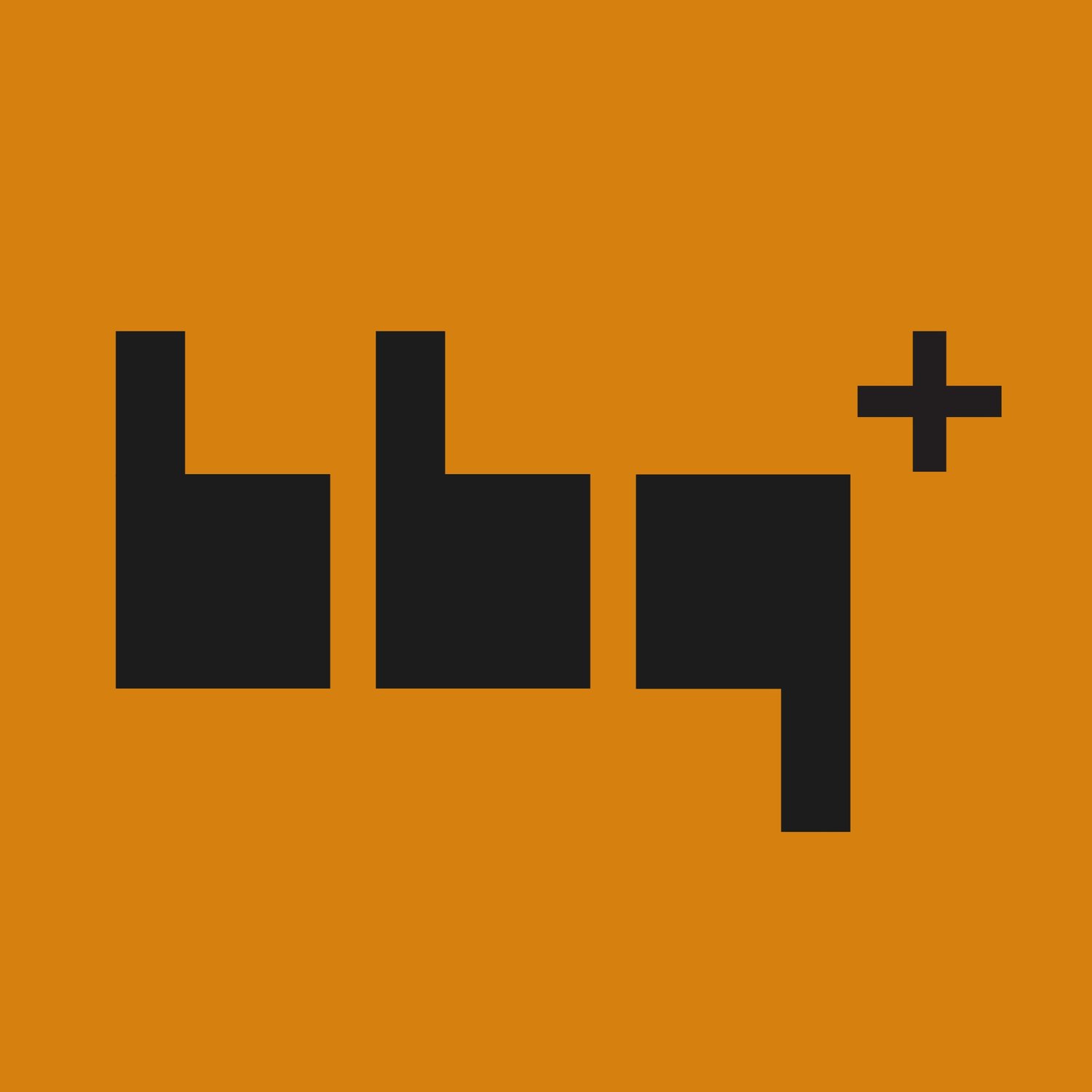Scholar Research Fellow Application
The Critical Pedagogy Lab (CPL) is dedicated to research and pedagogical innovation in higher education. It focuses on providing an inclusive environment and developing infrastructure for diversity in higher education. Our partnership with the Sloan Foundation aims to address these challenges by developing digital solutions and training protocols for teaching in higher education to enhance access for and improve the experience of traditionally marginalized groups in academia.
Thank you for your interest in the Critical Pedagogy Lab, unfortunately we are no longer accepting applications at this time.
Please contact info@bbqplus.org with any questions.
Eligibility
Scholar Research Fellows will be current faculty or other teaching positions (including postdoctoral fellows and graduate students with teaching responsibilities). Successful candidates will demonstrate:
Interest and experience in pedagogical innovation.
Experience in virtual teaching and tools of digital humanities.
Interest in developing new and innovative pedagogical and technological tools to help marginalized students.
Scholars and students studying questions of race, gender, and colonialism, individuals from traditionally marginalized backgrounds, and individuals in HBCUs or MSIs are particularly encouraged to apply!
Benefits
We are excited to share that the Critical Pedagogy Lab offers a research stipend of $10,000 for Scholar Research Fellows!
Expectations
The Critical Pedagogy Lab adopts models of natural science labs, and Scholar Research Fellows will engage in three key activities specific to their role:
1. Working with the PIs on the Lab’s overall project to:
a. Analyze difficulties facing traditionally marginalized students and scholars in virtual teaching and learning.
b. Develop technological solutions to these difficulties
c. Develop specific pedagogical modules and tools to use virtual technologies and AI.
2. Working on their independent project: Each researcher, assisted by two students, will work on a pedagogical project that feeds into and relies on the Lab’s project (namely, equity and diversity in virtual education). The researcher’s project can be a syllabus, an article, software, a digital humanities project, etc. Researchers will workshop their work during regular lab meetings.
3. Participate in weekly lab meetings: Lab meetings will alternate between:
a. Progress meeting: Discussion of progress in the project
b. Individual projects workshop: Research fellows will present and workshop individual projects. They will take turns presenting their work.
c. Journal Club: This club will read and discuss materials related to virtual pedagogy. It will also invite speakers and guests to discuss their work.
d. Co-working: time to work together and follow up on various tasks.
As lead researchers in their research subgroup, scholar research fellows will be expected to supervise and train undergraduate research fellows in research methods and provide mentorship and support commensurate with the support offered in comparable internships and research apprenticeships.
Apply to the Critical Pedagogy Lab
Thank you for your interest in the Critical Pedagogy Lab! The application period for Scholar Research Fellow is now closed!
Applications received by Sunday, July 20th, 2025, at midnight EDT will receive full consideration.
Please fill out the application form below. You will be asked to upload the following materials within the form:
Cover letter (1-2 pages) explaining your interest in the project and your experience with virtual teaching and digital humanities.
Problem statement/Research Proposal (1-2 pages, double-spaced, not including citations/references): Explain a particular problem or question related to virtual pedagogy that you are interested in investigating, how you would address this problem, and what type of research you might conduct on this problem during the research fellowship period.
Statement on Pedagogical Philosophy: Explain your approach to teaching and pedagogical innovation.
Curriculum Vitae.
A work sample (E.G., academic writing, a syllabus, a digital humanities project, or any other work sample demonstrating your work and interests).
